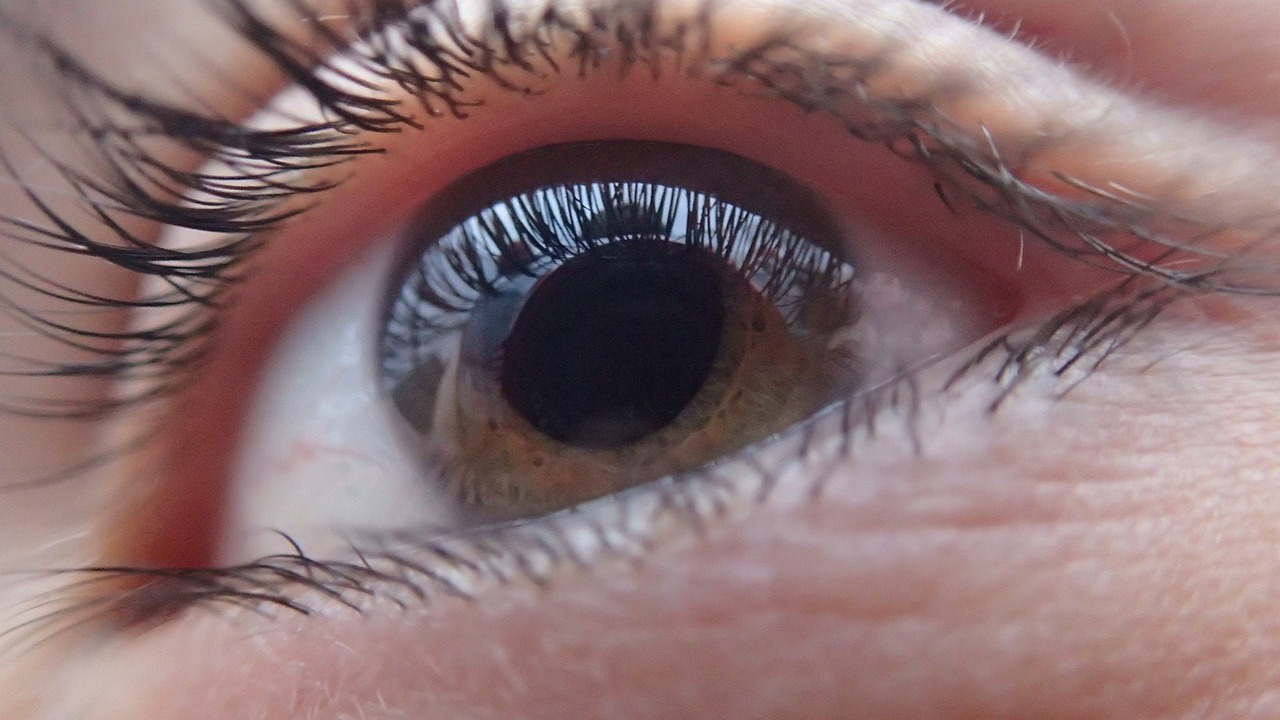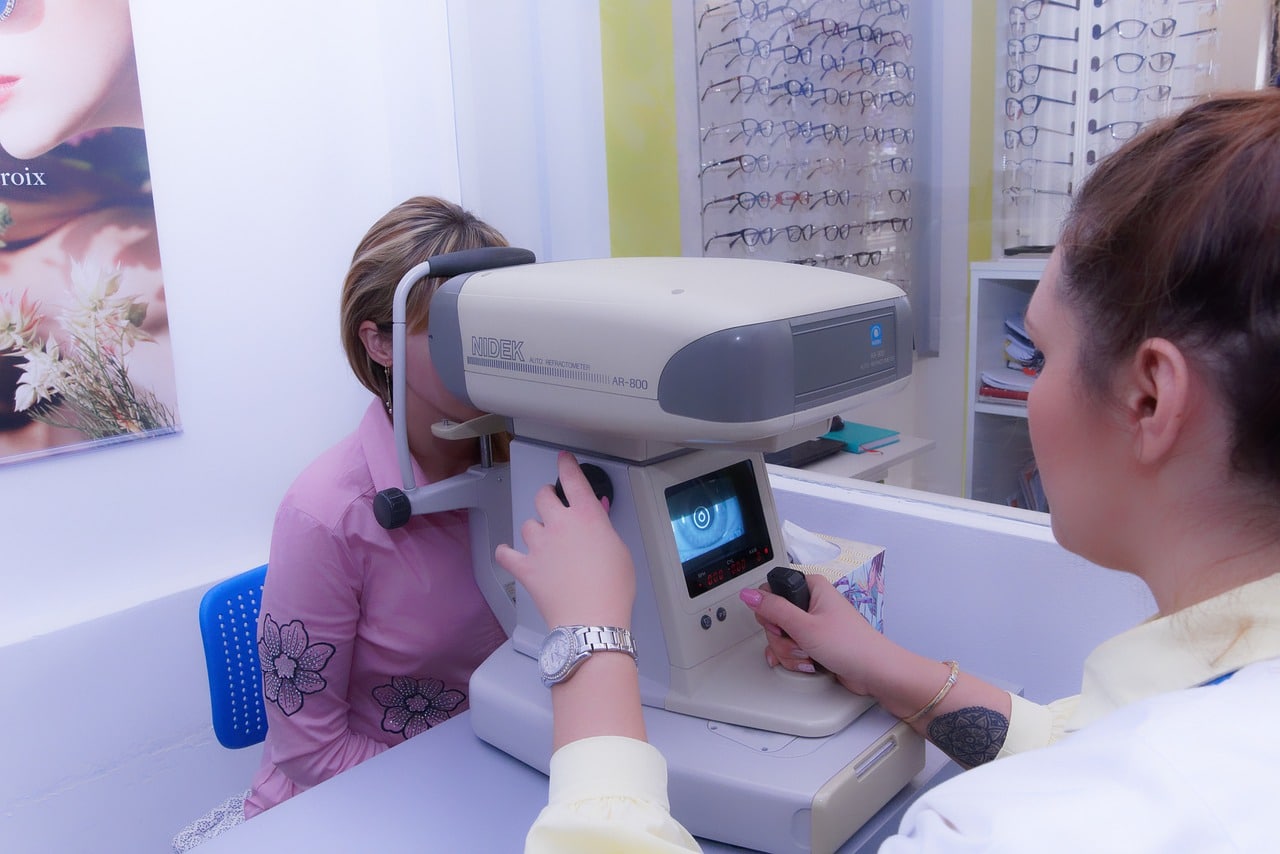
Glaucoma is an eye disorder.
Glaucoma is an eye disease characterized by increased intraocular pressure, atrophy of the optic disc, hardness of the eyeball and blindness . The term derives from the Latin glaucoma , which, in turn, comes from a Greek word meaning “light green.” This reference is related to the color that the pupil acquires due to this condition.
This degenerative neuropathy of the optic nerve fibers can be acute or chronic . It is worth mentioning that the optic nerve is responsible for carrying visual information from the eye to the brain and that, depending on the severity of glaucoma, it can be noticed by a decrease in vision or some other problem with vision. It is essential that this disorder be treated with some urgency to avoid irreversible damage to the nerve , such as partial or total loss of vision .
Glaucoma is associated with high intraocular pressure . In any case, it is important to highlight that low or high levels depend on each person. A subject with high intraocular pressure may not develop glaucoma, while another person, with the same pressure , may suffer from this disorder. Statistics show that this disease is the second most common cause of blindness in the United States .
Types of glaucoma
Specialists distinguish between various types of glaucoma ; Here we present the most common ones.
Open-angle glaucoma is characterized by no symptoms and is caused by an obstruction of the aqueous humor , a clear fluid that flows into the eye from the front to deliver nutrients and oxygen to the cornea . This fluid is produced in the back of the eye and is distributed through tiny channels towards the front part known as the angle. In this type of glaucoma there are accumulations within these channels that prevent the flow of this liquid and consequently cause an increase in intraocular pressure . It is a chronic and generally hereditary disease.
Angle-closure or acute glaucoma is one that is caused by a sudden increase in intraocular pressure. This type of glaucoma causes discomfort, blurred vision and can cause irreversible blindness in a very short period of time. It is also accompanied by intense pain in this organ. This is an emergency situation in which it is essential to go to a specialist ; It is worth mentioning that those people who have suffered this type of glaucoma in one of the eyes must undergo preventive treatments so that the same does not happen to the other. Many times this problem is caused by excessive use of drops that help dilation and certain medications .

An ophthalmologist is the professional trained to detect glaucoma.
A congenital or acquired condition
Specialists affirm that half of people who have glaucoma are not aware of it. Those with family members who suffered from glaucoma are the most likely to develop the disorder.
Congenital glaucoma is a disease that is transmitted from parents to children and can be detected when the child is still a baby by observing abnormal development in the ocular organ.
Secondary glaucoma is one of the least serious and its causes may be the abuse of drugs similar to corticosteroids, certain systemic diseases or trauma .
Glaucoma detection
In order to detect this disorder, it is essential to perform a series of tests and examinations that consist of applying a few drops to the eyes to widen the pupil and carefully observing the inside of the eye to notice malformations or other effects caused by glaucoma.
There is also a test known as tonometry that is used to determine eye pressure; In any case, this test is not completely accurate since eye pressure can constantly change and in some people with glaucoma this pressure is normal. Therefore, to know exactly if it is a disorder of this type, it is essential that a series of tests and scans be performed to rule out any other disease.
